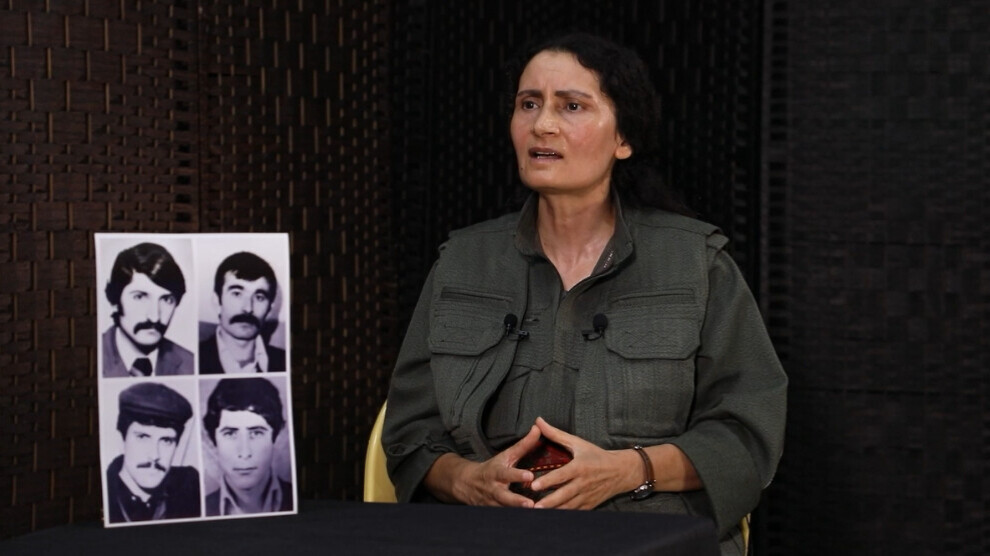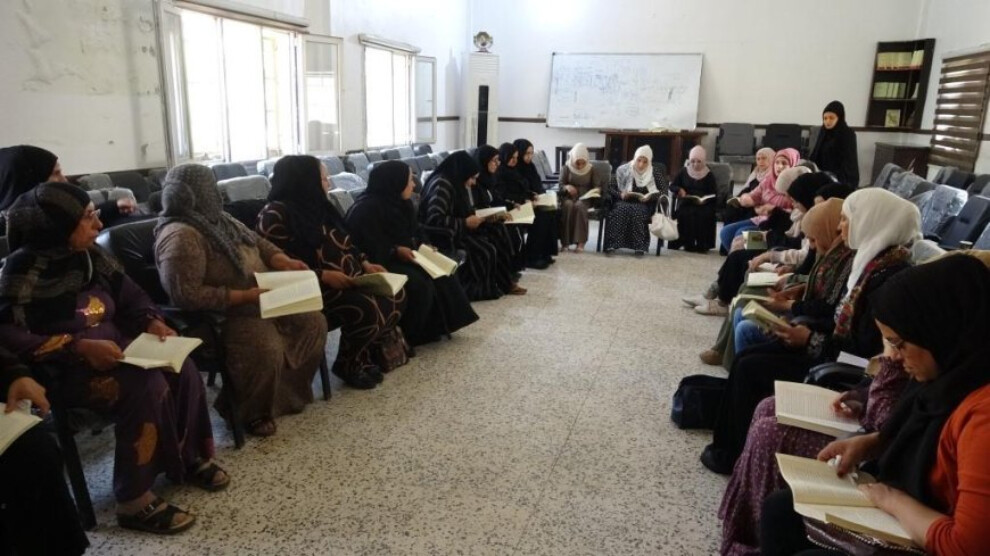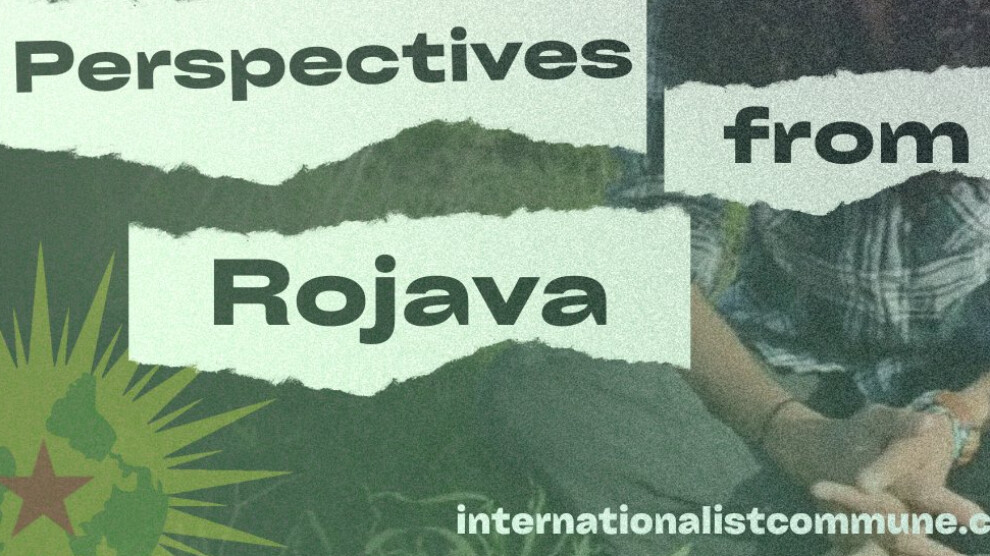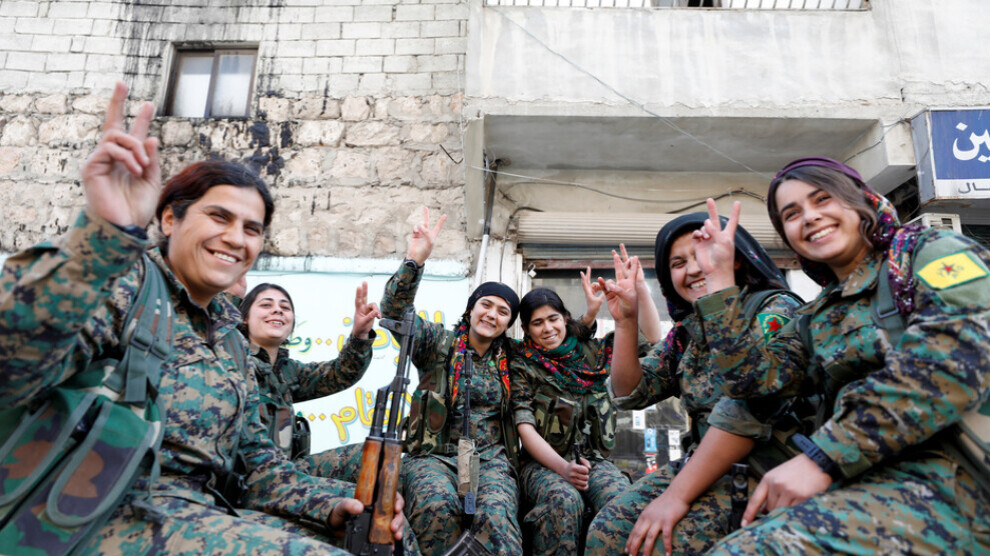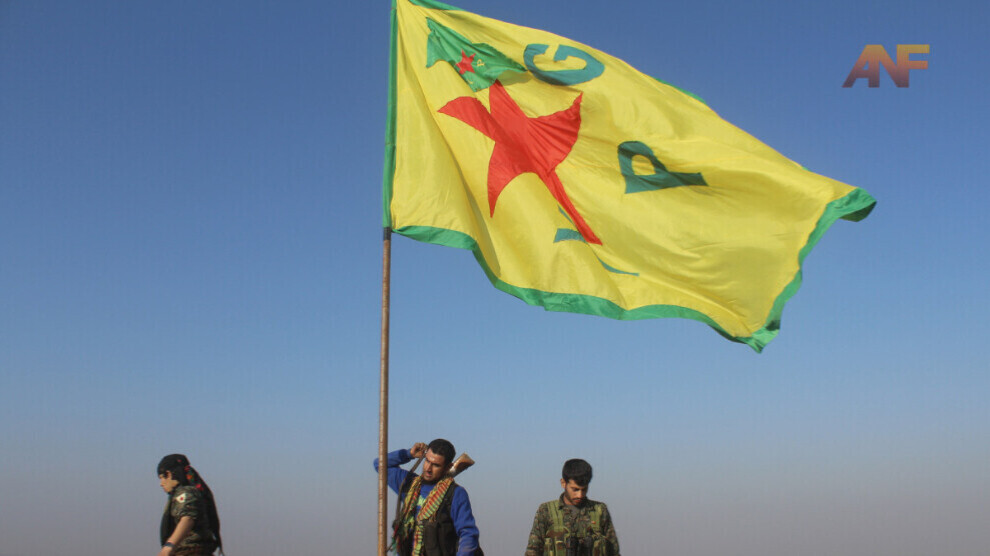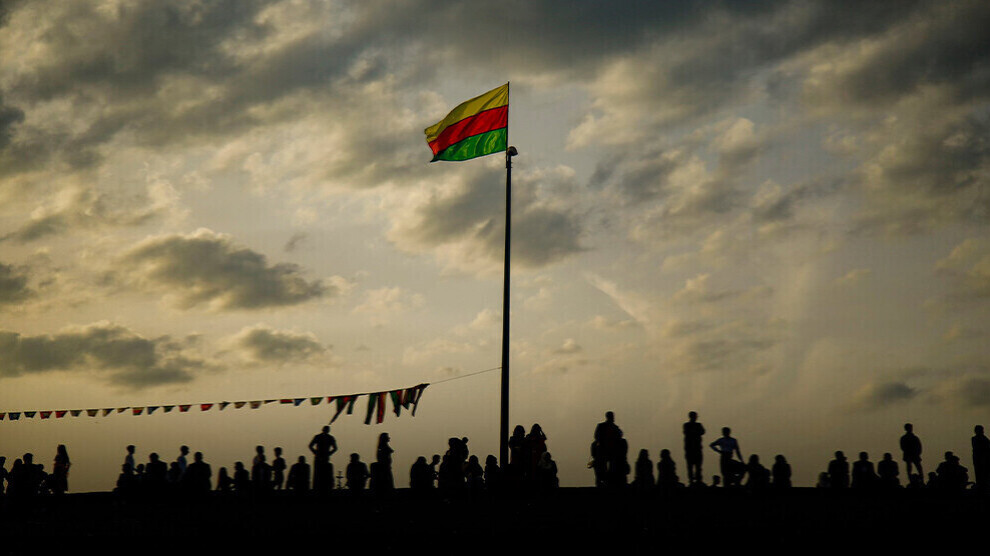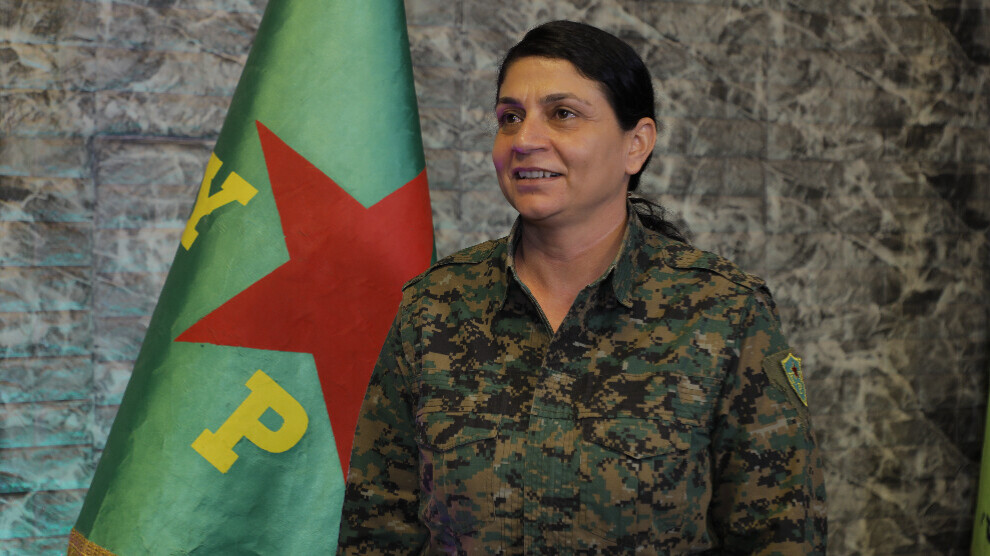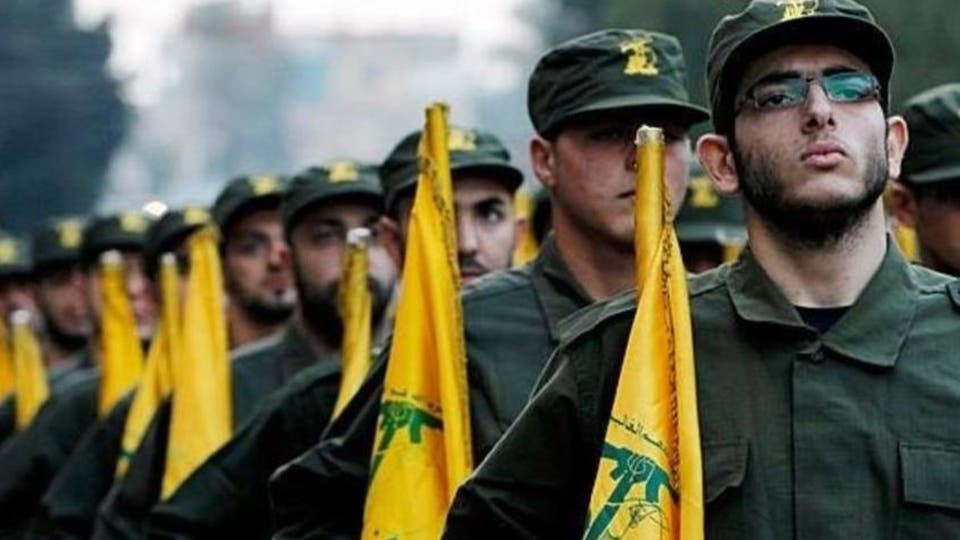
2024-07-19
Shafaq News/
On Friday, Lebanese Hezbollah bombed three Israeli settlements, which had not been targeted since the start of the mutual attacks in October 2023, in response to the Israeli bombing that targeted some Lebanese villages on Thursday.
“In support of our steadfast Palestinian people in the Gaza Strip and their valiant and honorable resistance, and in response to the Israeli enemy attacks that targeted civilians yesterday in the towns of Safad El Battikh, Majdal Selm and Shaqra, the Islamic Resistance fighters have bombarded on Friday, for the first time, three new settlements which are Aberim, Neve Ziv and Menot with dozens of Katyusha missiles.” Hezbollah's military media stated.
Lebanese Civil Defense reported that "two individuals were killed and 12 others injured in the Israeli airstrike on the town of Safad El Battikh."
In this context, Hezbollah's leader Sayyed Hassan Nasrallah said on Wednesday "Continuing to target civilians will push the Resistance to launch missiles at settlements that were not previously targeted."
In addition, Hezbollah mourned the death of Ali Jaafar Matouk, who was killed in the airstrike.
The Israeli military spokesperson confirmed that Israeli warplanes killed Matouk, a field commander of Hezbollah's Radwan Unit, and another commander with him.
Hezbollah, is one of the most powerful paramilitary forces in the Middle East that has been deeply involved in intense, near-daily cross-border fighting with Israel since October 7, marking the most significant escalation since the 2006 war.
The exchange of fire between Israel and Hezbollah has resulted in the deaths of 516 people in Lebanon, mostly Hezbollah fighters, but also 104 civilians, according to an AFP tally based on Hezbollah and official Lebanese sources.
Israel claims it is responding to Hezbollah operations by bombing "infrastructure and military" targets associated with the group and targeting the movements of its fighters. However, the strikes have caused extensive destruction, especially in frontline border villages, displacing their inhabitants.
Israel has reported the deaths of 18 soldiers and 13 civilians and remains highly secretive about its losses with Hezbollah, but all settlements in the northern region are devoid of residents, who have either fled elsewhere or sought refuge in shelters. There is also an internal Israeli conflict over the escalating tensions with Hezbollah, given the group's possession of an arsenal of up to 100,000 missiles, including those capable of reaching Tel Aviv, as stated by Hezbollah Secretary-General Sayyed Hassan Nasrallah.
“In support of our steadfast Palestinian people in the Gaza Strip and their valiant and honorable resistance, and in response to the Israeli enemy attacks that targeted civilians yesterday in the towns of Safad El Battikh, Majdal Selm and Shaqra, the Islamic Resistance fighters have bombarded on Friday, for the first time, three new settlements which are Aberim, Neve Ziv and Menot with dozens of Katyusha missiles.” Hezbollah's military media stated.
Lebanese Civil Defense reported that "two individuals were killed and 12 others injured in the Israeli airstrike on the town of Safad El Battikh."
In this context, Hezbollah's leader Sayyed Hassan Nasrallah said on Wednesday "Continuing to target civilians will push the Resistance to launch missiles at settlements that were not previously targeted."
In addition, Hezbollah mourned the death of Ali Jaafar Matouk, who was killed in the airstrike.
The Israeli military spokesperson confirmed that Israeli warplanes killed Matouk, a field commander of Hezbollah's Radwan Unit, and another commander with him.
Hezbollah, is one of the most powerful paramilitary forces in the Middle East that has been deeply involved in intense, near-daily cross-border fighting with Israel since October 7, marking the most significant escalation since the 2006 war.
The exchange of fire between Israel and Hezbollah has resulted in the deaths of 516 people in Lebanon, mostly Hezbollah fighters, but also 104 civilians, according to an AFP tally based on Hezbollah and official Lebanese sources.
Israel claims it is responding to Hezbollah operations by bombing "infrastructure and military" targets associated with the group and targeting the movements of its fighters. However, the strikes have caused extensive destruction, especially in frontline border villages, displacing their inhabitants.
Israel has reported the deaths of 18 soldiers and 13 civilians and remains highly secretive about its losses with Hezbollah, but all settlements in the northern region are devoid of residents, who have either fled elsewhere or sought refuge in shelters. There is also an internal Israeli conflict over the escalating tensions with Hezbollah, given the group's possession of an arsenal of up to 100,000 missiles, including those capable of reaching Tel Aviv, as stated by Hezbollah Secretary-General Sayyed Hassan Nasrallah.




